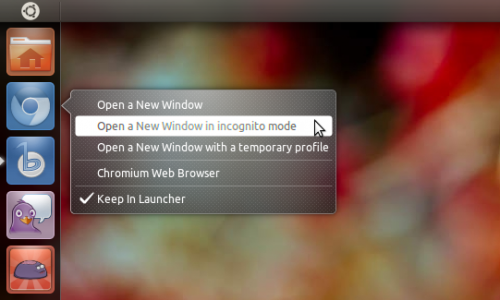Update: Microsoft have since released a statement assuring that they will continue to ‘invest and support non-Microsoft platforms.’
Microsoft are to close an estimated $8.5 billion deal to acquire internet-telephony service Skype, allthingsd are reporting.

Skype – with a reported 600 million user accounts – is one of the most popular cross-platform desktop VoIP applications currently available.
Microsoft purchasing it would give Microsoft an unparalleled foothold in the desktop communication market overnight thanks to their already dominant position with Windows Live Messenger.
But what would happen to the Linux client?
Likely nothing.
Part of Skype’s success is that it is accessible to users of various operating systems. Yanking support for a Linux client would cut off millions of Linux Skype users, thus affecting their Windows and Mac OS contacts too. Not to mention that thousands of those Linux users are paying customers; and the purchase of Skype wasn’t done out of an altruistic epiphany on the part of Steve Ballmer.
Microsoft will likely be keen to have input in the design and development of Skype – potentially merging it with one of their own products – and this will take time to achieve.
The development of Skype’s Linux client has been slow, bordering on static, for a long time. One would guess that unfortunately this acquisition also wouldn’t see that sped up overnight, a shame for Linux users who feel they’re missing out on the features prevalent on other platforms.
As edlt points out below: “We’ll continue to not get updates!”
Ars Technica via WSJ

